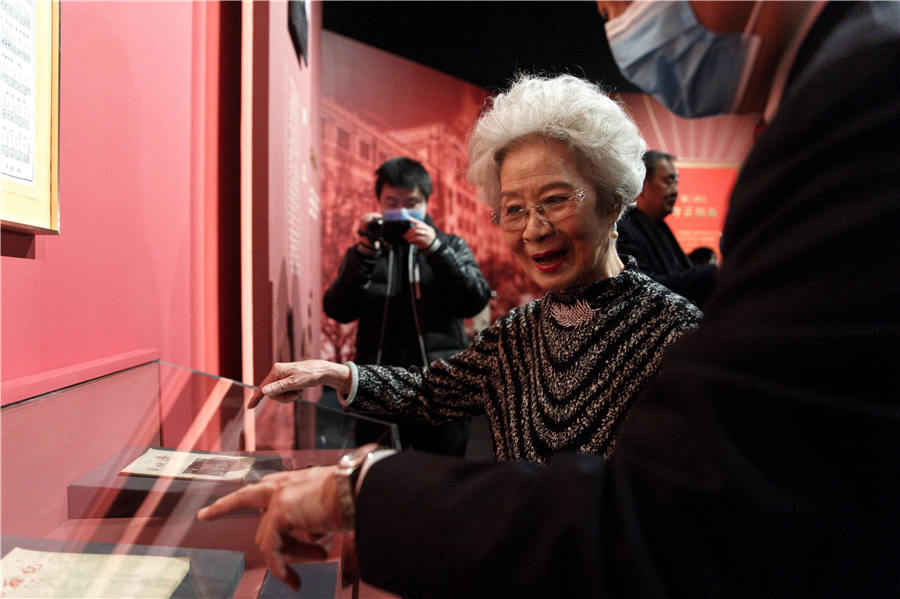

Fu says the academy has been exerting its influence on traditional Chinese opera styles, providing pedagogical guidance to other schools and cultivating talented people who are now taking leading roles in troupes.
The academy offers courses on opera styles from 17 provinces. Every year, it also provides advanced training courses for practitioners of regional operas, particularly styles included on the country's intangible cultural heritage list.
These listed operas are an important component of traditional Chinese performing arts, and the advanced-training course pays special attention to the future development of such styles, says the academy's vice-dean Song Fei.
"In addition to developing students' professional skills, we also provide guidance on the inheritance and dissemination of Chinese operas and provide insights on how they can develop amid the ever-changing cultural industry," she says.
Li Rui, a veteran artist with Jinju Opera Company in Datong, Shanxi province, has worked in the troupe for 27 years. She came to Beijing in November for an advanced-training course specifically designed for "inheritors" of Chinese operas.